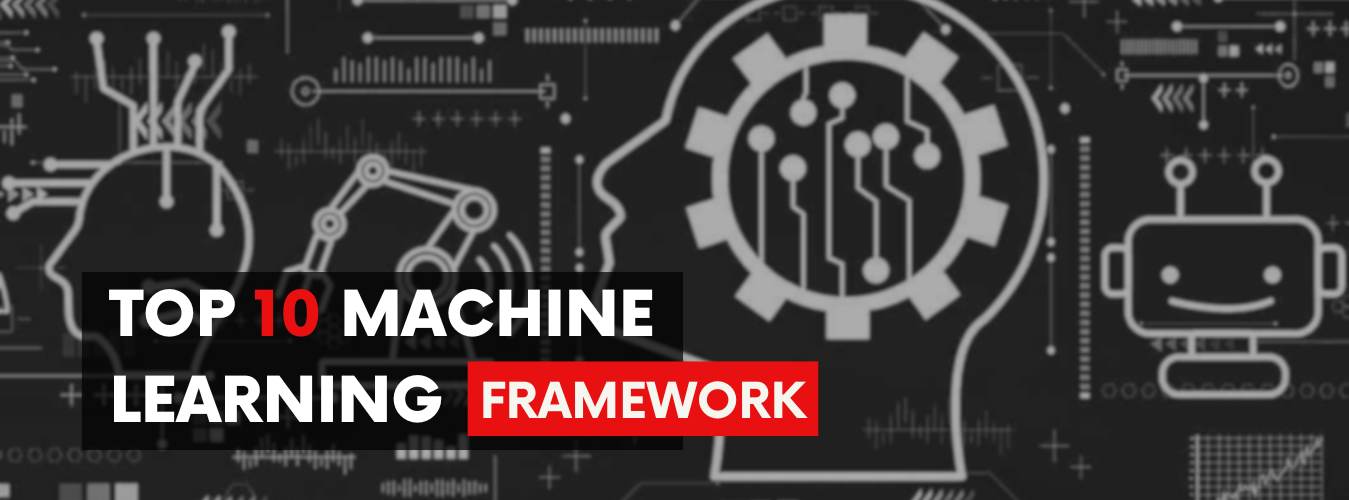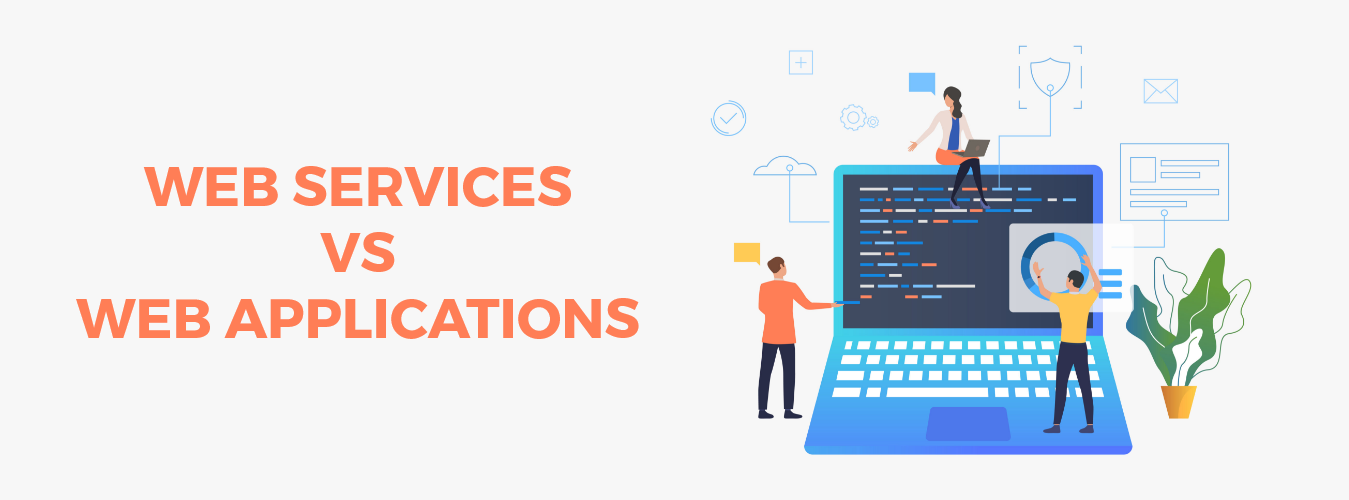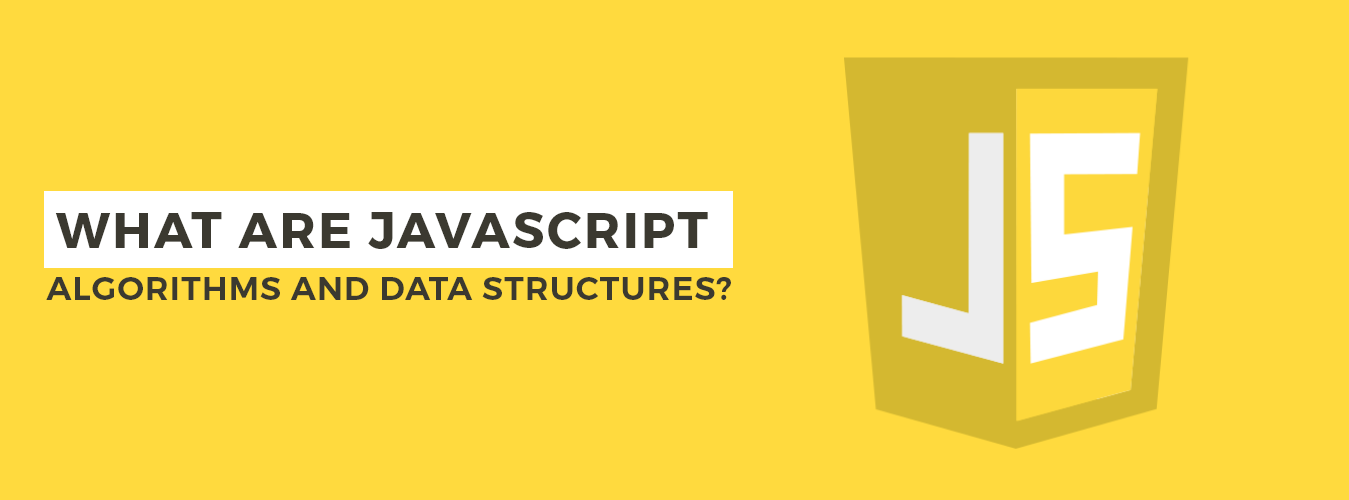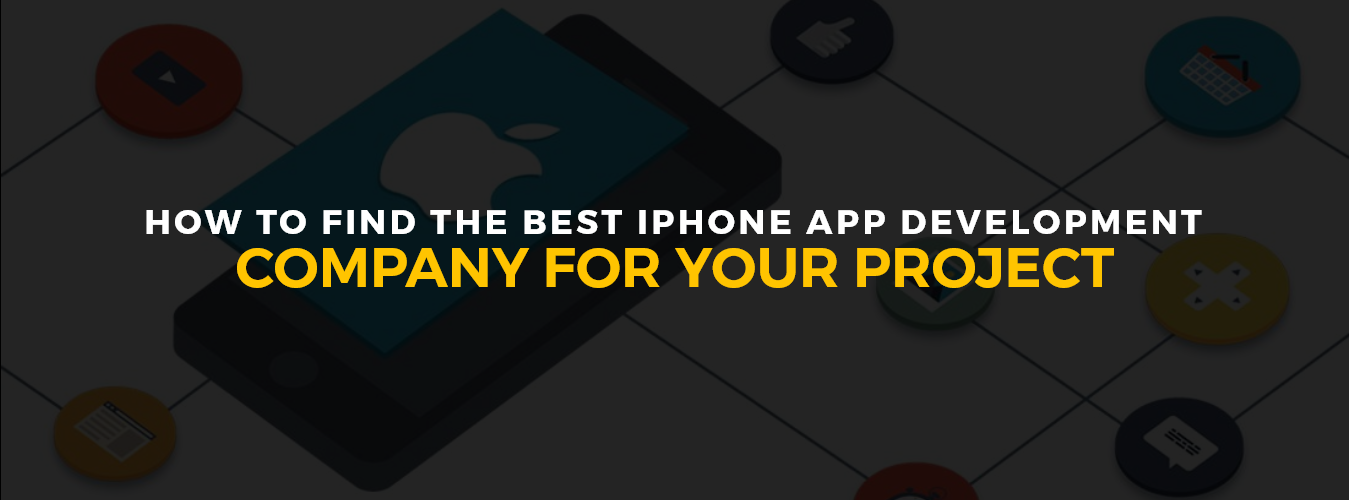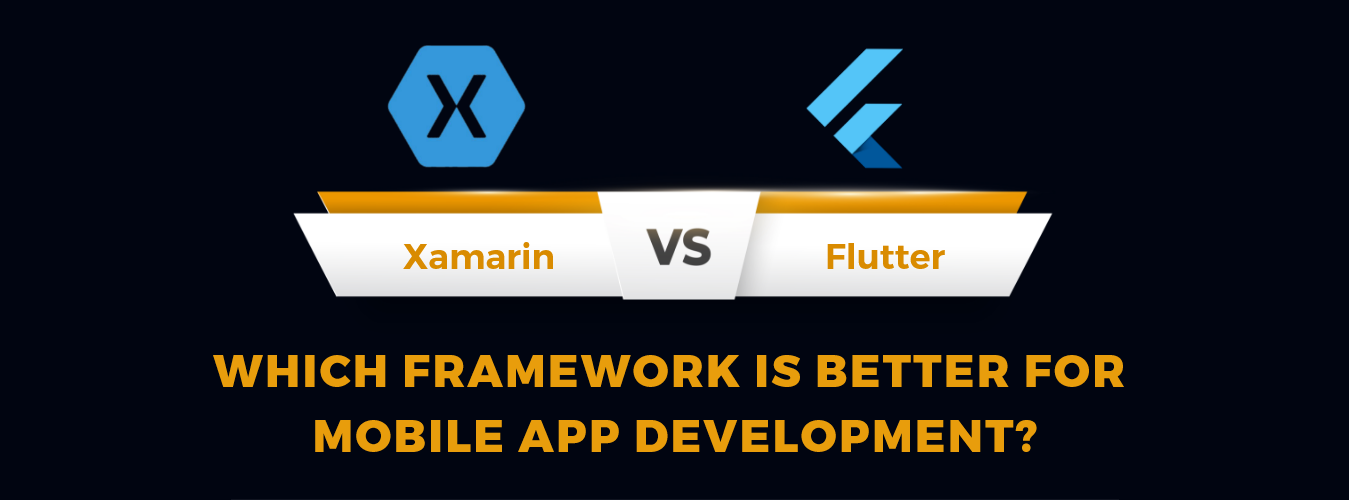Building intelligent applications with artificial intelligence that can learn and make judgments without being explicitly programmed is now possible thanks to machine learning frameworks. The top 10 machine learning frameworks that application and custom application development companies can employ to create intelligent applications will be covered in this blog.
Machine Learning Framework Overview
Software libraries called machine-learning frameworks give programmers the tools and algorithms they need to mine data science and create intelligent applications. These frameworks allow programmers to create models that can learn from data and forecast the future or make decisions based on it. Recent years have seen a rise in the use of machine learning frameworks due to the explosion of data and the demand for intelligent applications.
There are numerous machine-learning frameworks on the market, each offering advantages and disadvantages. While some frameworks are more general-purpose, others are better suited for particular tasks. The top 10 machine learning frameworks for creating intelligent applications will be discussed in this article’s top ten list.
Crafting Your Ideal Mobile App/Experience Starts Here!
Ready to elevate your business? Your custom app is just a click away.
Yes Let’s goBenefits of Using Machine Learning Frameworks for Mobile App Development Companies
- Machine learning frameworks offer several advantages to application development organizations, which is why they should use them. One of their main advantages to app developers is the ability to create intelligent mobile apps without having to start from scratch. Machine learning frameworks offer pre-built tools and algorithms that programmers can use to create models and forecast outcomes.
- Improving application performance is another advantage of employing machine-learning frameworks. Applications can be improved using machine learning models, making them quicker and more productive. Better user experiences and customer satisfaction with business processes may result from custom software solutions.
- Additionally, with machine learning frameworks, programmers can create programs and consulting services that can learn from their environments and adjust accordingly. For instance, a machine learning-based program can learn from user behavior and modify it accordingly. Users may have more individualized experiences, while businesses using digital marketing services may experience better results.
Top 10 Machine Learning Frameworks for Application Development Companies
1- TensorFlow
Google created the open-source machine learning framework known as TensorFlow. Many application and software development companies use it as one of the most well-liked and popular machine learning frameworks used to create intelligent applications.

2- PyTorch
Facebook created the open-source machine learning framework PyTorch. It is well-liked by researchers and firms who create applications because of how simple it is to use.

3- Keras
A high-level neural network API called Keras was created in Python and may be used with TensorFlow, CNTK, or Theano. It was created to make quick experiments with deep neural networks possible.

4- Scikit-learn
A free machine-learning library for the Python programming language is called Scikit-learn. Support vector machines, random forests, gradient boosting, k-means, and DBSCAN are among the classification, regression, and clustering techniques included in it.

5- Caffe
A deep learning framework called Caffe was created by Berkeley AI Research and community members. It has a sizable user base and is open-source.

6- MXNet
MXNet Amazon created the deep learning framework MXNet. It can operate on various platforms, including CPUs, GPUs, and FPGAs, and is renowned for its scalability.

7- Theano
With the help of the Python package Theano, you can develop apps that can effectively design, optimize, and test mathematical equations using multi-dimensional arrays. It has a sizable user base and is utilized in numerous machine-learning frameworks.

8- Torch
Torch is a scientific computing framework that prioritizes GPUs and has broad support for machine learning methods. It is simple to use and effective because of the LuaJIT programming language, which is quick and simple, and the underlying C/CUDA implementation.

9- Office Cognitive Toolkit
An open-source framework for industrial-strength distributed deep learning is the Microsoft Cognitive Framework (CNTK). It can be applied to create neural networks for speech and picture recognition, among other things.

10- Chainer
Preferred Networks created the deep learning framework Chainer, which is Python-based. It is renowned for being versatile and simple to use.

Comparison of the Top 10 Machine Learning Frameworks
Each framework for machine learning has advantages and disadvantages. While some frameworks are more general-purpose, others are better suited for particular tasks. The best ten machine learning frameworks will be compared in this section based on some criteria, including performance, scalability, and ease of use.
One of the most well-liked machine learning frameworks is TensorFlow, renowned for its performance and scalability. Application development firms frequently employ it to create intelligent applications. Another well-liked machine learning framework is PyTorch, which is renowned best app developer for being flexible and simple to use mobile application development.
A high-level neural network API called Keras is based on TensorFlow, CNTK, or Theano and is renowned for being simple. For the Python programming language, Scikit-learn is a free machine-learning library renowned for its simplicity and usability. Deep learning framework Caffe, created by Berkeley AI Research and community members, is renowned for its quickness and effective website development.
Amazon created the deep learning framework MXNet, which is renowned for its scalability and versatility across various platforms. It has a sizable user base and is utilized in numerous other machine-learning projects and-learning frameworks. You may effectively define, optimize, and evaluate mathematical statements involving multi-dimensional arrays using the Theano Python module.
Torch is a platform for scientific computing that prioritizes GPUs and offers extensive support for machine learning methods. Because of the fast and simple scripting language LuaJIT and the underlying C/CUDA implementation, it is simple to use and cost-effective. An open-source toolbox for distributed deep learning of a commercial caliber is the Microsoft Cognitive toolbox. It can be used to create neural networks for several purposes, including speech and picture recognition. Last but not least, Preferred Networks created Chainer, a Python-based deep-learning system renowned for its adaptability and simplicity.
Also Read: 7 Stages Of Business Development Life Cycle
Use Cases for Machine Learning Frameworks in Application Development
Applications for machine learning frameworks and mobile app development include speech recognition, image recognition, and natural language processing. In this section, we will examine some of the most typical uses for machine learning frameworks in web application development.
Image recognition is one of the most popular applications for machine learning systems. Applications that automatically identify items in photographs or videos can be created using machine learning models trained to recognize objects in images. Many different applications of computer vision, including security systems, self-driving cars, and image search engines, can benefit from this.
Speech recognition is another typical use for machine learning frameworks. Applications can understand and comply with spoken commands thanks to machine learning models trained to recognize speech and translate it to text. Applications for this include voice-activated gadgets, chatbots for customer support, and virtual assistants.
Another area where these machine learning tools and frameworks can be applied is natural language processing. Applications can comprehend and react to input in human language thanks to using machine learning algorithms and models that can be trained to interpret and produce natural language. Applications for this include chatbots, virtual assistants, and language translation services.
Conclusion
Machine learning frameworks have revolutionized the way that application development businesses create intelligent applications and mobile solutions. Application and web development businesses may create intelligent applications that can learn and make decisions without being explicitly programmed using the top 10 machine learning frameworks covered in this article.
It’s crucial to consider your development company, intended job, technical expertise, the convenience of usage, and scalability when selecting a machine learning framework. Companies should be aware of the difficulties and constraints posed by machine learning frameworks to optimize their performance.
Crafting Your Ideal Mobile App/Experience Starts Here!
Ready to elevate your business? Your custom app is just a click away.
Yes Let’s go
